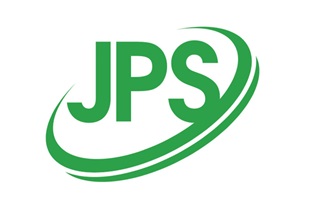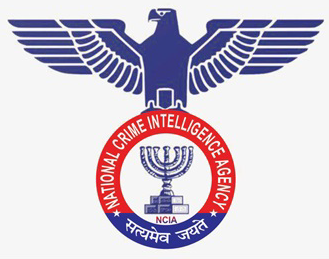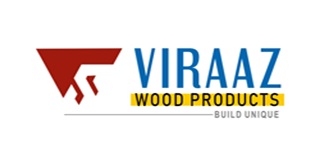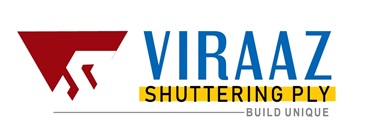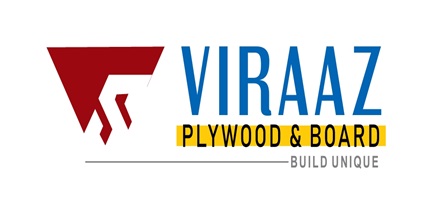Transfer Pricing in India
NBFC Company, Chit Fund Company, Core Investment, Microfinance, Venture Capital, Prepaid Wallet License, Merchant Banking, Insurance Company, Nidhi Company, Registrar & Transfer Agent.
3000 +
Happy clients
300 +
Advocate, CA, CS
10 +
Associates Offices
Request A Call Back
What is transfer pricing?
A separate code on transfer pricing as mentioned under the Income tax Act (Section 91 to 92F) which covers intra cross border transactions under the group and specified domestic transactions. Thus with the introduction of Transfer pricing has become the most important international tax issue which are affections transactions of multinational companies operating in India.

Country wise Reporting
- The transfer pricing documentation and country wise reporting provides a template to the multinational companies to report annually for each tax jurisdiction in which they do business. This report is called as Country by Country Report (CBC Report).
- The CBC Reporting standard provides the multinational companies an Reporting implementation package which consist model legislation which can be used by countries which mandates the parent entity of the multinational company to file the CBC report which contains their global allocation of profit, taxes paid, and certain activity of economic indicators in its jurisdiction in which they operate and three model competent authority
Practical Steps for Country to Country Reporting:
Action 13 of OCED lays the guidance note on implementing Transfer Pricing Documentation and country by country reporting.
Timing Required for CBC Reporting:
- The Multinational entities are required to file the CBC report for the fiscal year of 12 months starting from January.
- The key element of the statutory requirement requires the ultimate parent entity of the MNE group to file the CBC report on timely basis.
- The MNE fiscal year relates to the consolidated reporting period for financial statement purposes and not to taxable years or to the financial reporting periods of.
End to End transfer Pricing:
As transfer pricing compliance is basically a matter of senior tax professionals, the responsibility of executing the intercompany transactions are spread across a broad chain of internal functions and distant offices. A procedure of transfer pricing execution involves multiple hands on taxation, divisional controller, shared common services, information technology etc. In absence of the unified oversight unsound conditions can develop at every transaction point such as ambiguity of responsibility, manual or informal practices, accounting policies, data mismatch, inefficient way for reconciliation etc. These conditions expose the MNE’s to significant risk , increase in compliance requirement, inefficiencies which may lead to frustration and breakdown of the execution chain.
Process for End to End Executing Transfer Pricing:
As the end to end process of transfer pricing is a lengthy process as it involves lot of time to examine the multiple internal functions, addressing your procedure, personnel and technology the benefits of which are as follows:-
- Timely and efficiently meeting the statutory requirements
- Minimizing the audit risk
- Maintaining Internal policy of the company on the better way
- Standardized data process and transfer pricing calculation criteria
- Rational Information Technology procedure and system
- Reducing indirect compliance cost
Global Coordinated Documentation:
The New Transfer Pricing Documentation and reporting requirements by the OCED will significantly increase the compliance burden to the MNE’s over the next coming years. As the transfer pricing is no longer a compliance exercise but it involves strategic tax risk management compliance.
The Group MNE’s will be required to file four tier documentation:
Master File Local File Country by Country report Local Information returns As the tax authorities are adopting the OCED approach which will be critical process to ensure that the data presented consistently to tax authorities are harmonized and integrated. Thus the Global documentation will tend to increase burdensome procedure globally which will put pressure on the multinationals to maintain effective and consistent transfer pricing documentation
Key point of services:
- Compliance review Monthly/Quarterly & Annually
- ITP & DP compliance
- FEMA compliance
- Management Report on internal control system














